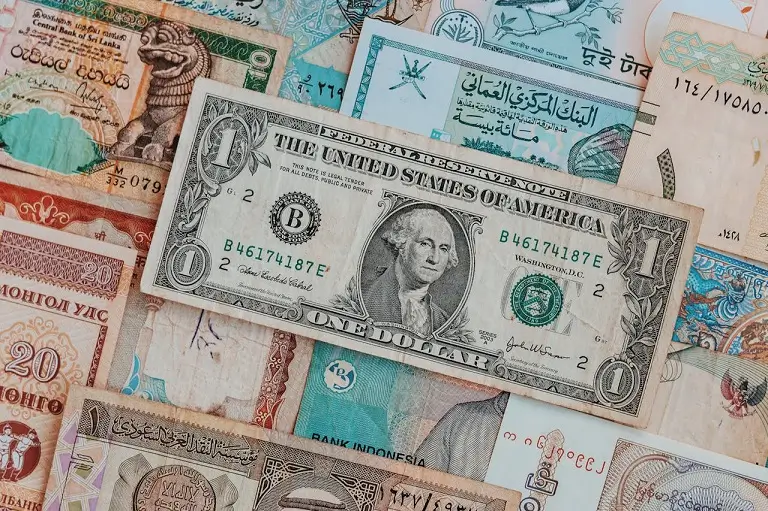Bitcoin: The Digital Gold of the 21st Century: In the digital age, Bitcoin has emerged as a revolutionary form of currency, challenging traditional financial systems and offering a new paradigm for money. Its inception in 2009 by an anonymous entity known as Satoshi Nakamoto introduced the world to the first decentralized digital currency, designed to work as a medium of exchange through a technology called blockchain.
The Genesis of Bitcoin – Bitcoin: The Digital Gold of the 21st Century
Bitcoin’s creation was a response to the 2008 financial crisis, with the aim of establishing a currency free from government control and manipulation. The whitepaper titled “Bitcoin: A Peer-to-Peer Electronic Cash System” laid the groundwork for what would become a global phenomenon.
Understanding Blockchain Technology – Bitcoin: The Digital Gold of the 21st Century
At its core, Bitcoin operates on a blockchain, a distributed ledger that records all transactions across a network of computers. This technology ensures security and transparency, as every transaction is verified by network nodes and recorded in a block that is added to the chain.
The Rise of Cryptocurrency
Bitcoin’s ascent has been meteoric, with its value experiencing significant fluctuations. From being worth mere cents in its early days to reaching all-time highs, Bitcoin has attracted investors and speculators alike. Its limited supply of 21 million coins has drawn comparisons to scarce resources like gold, earning it the moniker “digital gold.”
Bitcoin Mining: The Heartbeat of the Network
Mining is the process by which new bitcoins are introduced into the system. Miners use powerful computers to solve complex mathematical problems, and in return, they are rewarded with bitcoins. This not only processes transactions but also secures the network.
The Volatility of Bitcoin
Bitcoin’s price is known for its volatility, influenced by various factors such as market demand, investor sentiment, and regulatory news. This volatility has been both a boon and a bane, attracting those looking for high returns while deterring those seeking stability.
Regulation and Acceptance
As Bitcoin’s popularity grows, governments and financial institutions have grappled with how to regulate it. Some countries have embraced it, while others have banned or restricted its use. Despite this, Bitcoin continues to gain acceptance, with businesses and merchants increasingly accepting it as a form of payment.
The Future of Bitcoin
The future of Bitcoin is a subject of much debate. Proponents see it as the future of money, while skeptics point to its volatility and regulatory challenges. Regardless, Bitcoin has sparked a revolution in finance, leading to the creation of thousands of other cryptocurrencies and potentially reshaping the financial landscape.
Conclusion
Bitcoin stands as a testament to human innovation, offering a glimpse into a future where money is digital, decentralized, and secure. Its journey from an obscure digital token to a household name has been nothing short of extraordinary. As the world becomes increasingly digital, Bitcoin may well play a pivotal role in the evolution of money.
(Note: This article is a brief overview and not a comprehensive discussion of Bitcoin. For a detailed analysis, further research is recommended.)



